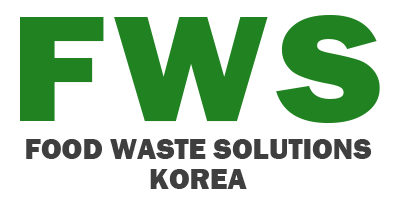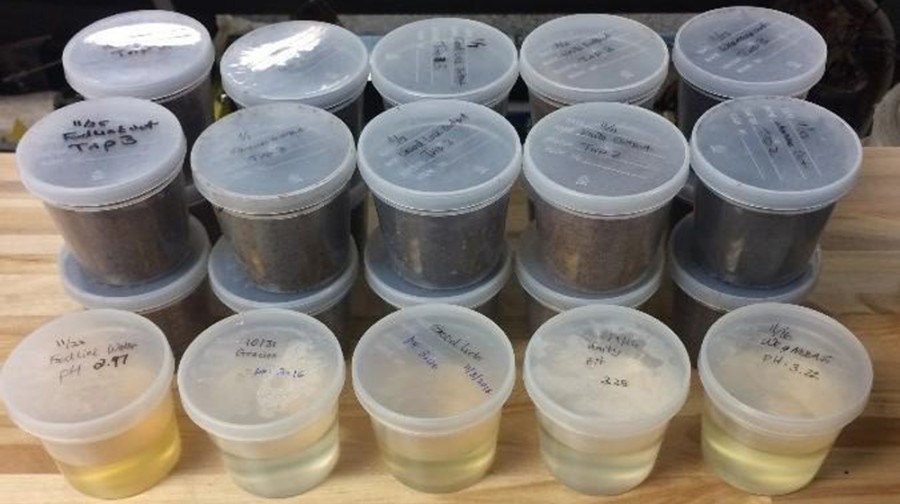Assessment of Dehydration as a Commercial-Scale Food Waste Valorizatio…
Abstract
Using a commercially available dehydration unit, this study aimed to valorize various food waste streams from different sources in the Rochester, New York area. Dehydration of the food waste collected for the study helped reduce the weight of the feedstock by 70–90%, as the incoming waste streams were relatively wet. The output was materially characterized against end uses such as cattle feed, fish feed, and compost. The results demonstrated that, other than fertilizer, the remaining five end uses (compost, fish feed, cattle feed, pyrolysis, and pelletized fuel) were potentially compatible with varying waste feedstocks based on the parameters analyzed. Fish feed in particular was found to be the most compatible end use, as a number of attributes, including protein, fell within the optimal range of values. Pelletized fuel was also determined to be a viable application, as six out of eight sources of dehydrated food waste had higher heating values above the minimum U.S. standard level of 18.61 MJ/kg. Ultimately, this analysis showed that the composition of the food waste needs to be matched to an end-use application and sale of the product for dehydration to be a worthwhile valorization strategy.
Read the original research report HERE.


